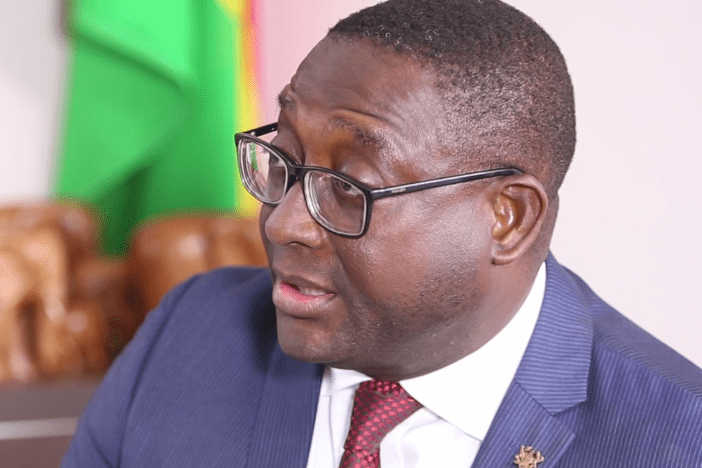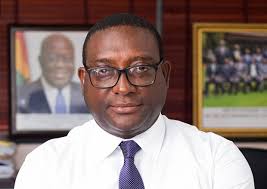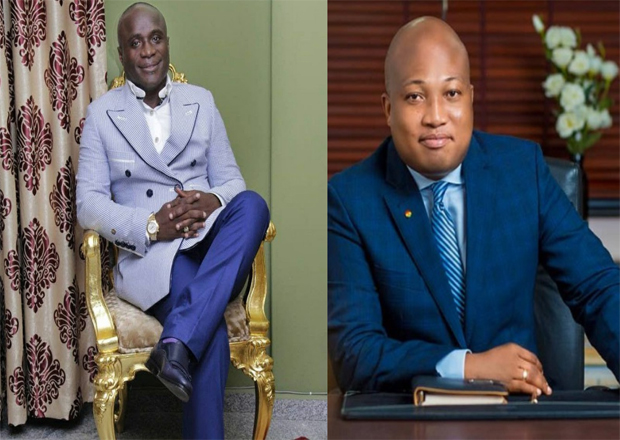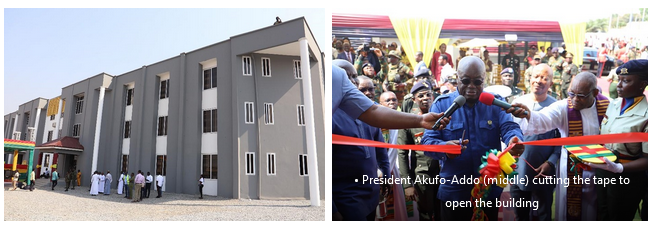Mahama is desperate for attention, he won’t cancel e-levy – Buaben Asamoa
The Communications Director of the New Patriotic Party (NPP), Yaw Buaben Asamoa has urged Ghanaians to ignore the pledge from former President John Mahama that he will cancel the e-levy if he regains power.

The Communications Director of the New Patriotic Party (NPP), Yaw Buaben Asamoa has urged Ghanaians to ignore the pledge from former President John Mahama that he will cancel the e-levy if he regains power.
He said the statement by the National Democratic Congress (NDC) 2020 flagbearer is a cheap attempt to gain attention in his party.
Speaking on Accra based Citi FM, Mr. Asamoa said Ghanaians have already seen what Mahama did while President and it was inadequate.
“So John Mahama is saying he will repeal E-Levy when voted back into power. How is he going to reconcile his manifesto promise to push for uniform electronic transactions? His desperation is showing seriously. You had imposed a 17.5% tax on all electronic financial transfers, the NPP repealed that. The E-levy is 1.5% percent, a difference of 15%.”
“The entire speech was not about shoring up even the NDC, it was about shoring up John Mahama who is wilting under the heat. This is a desperate measure. He is fighting for credibility within the NDC itself. All in all, I don’t think John Mahama’s performance has been taken seriously enough to warrant him victory in the 2024 elections.”
The former President at his ‘Ghana at the crossroads’ address reiterated his position that the tax policy is regressive.

He promised to stop Ghanaians from paying the controversial Electronic Transfer Levy (E-levy) if his party wins power in 2024.
Government commenced the implementation of the controversial levy on May 1, 2022, despite widespread condemnation of the tax policy.
The levy was reduced from 1.75% to 1.5% after several protests led by the opposition party, its Members in Parliament, and some civil society groups.
















